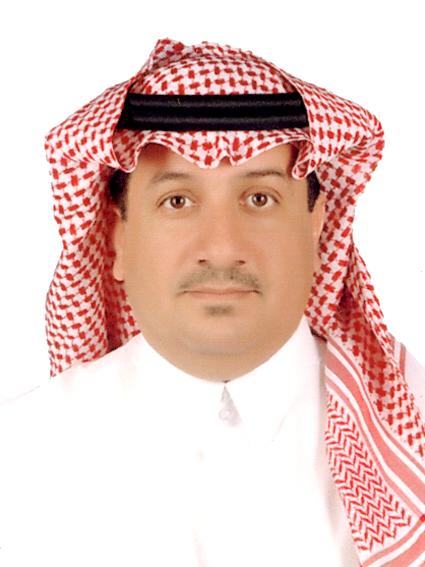The college of Education was established in 1386-1387H (1966-1967), pursuant to the agreement between the Ministry of Education and the united nation development program. The Ministry of Education has worked in cooperation with UNISCO to accomplish this project of establishment. In 8/5/1387H, a Royal Decree No 9/11, was issued to integrate the College of Education into King Saud University.
The College of Education is working to meet the educational needs of the community, through offering effective educator preparation programs. It offers programs that improve teaching methods and raise the educational awareness among citizens.
In addition, The college has a leadership role in developing the cooperation between the kingdom and the educational institutions in both regional and national levels. The college maintains a close cooperation with the Ministry of Education to improve the academic standing of educators, principals and educational leaders in all various levels of education through ongoing programs, training courses, conferences, lectures and seminars.
In conclusion, the collegeis working to serve as acenterof Educational Researchcontributes tofinding appropriate solutionsto the problems ofeducationin the Kingdomfollowing thevariousmethods ofscientific research
A brief History of the College:
In 1433H, the college was accredited by the National Council for Accreditation of Teacher Education (NCATE) now known as Council for the Accreditation of Educator Preparation (CAEP).
The departments of the college have undergraduate programs, master programs as well as doctoral program. The department of Pre-school Education and the department of Psychology were the first two departments that were established. The department of Islamic Culture and the Department of Curriculum and Instruction where founded in 1393/1394 H. The rest of the departments were established as following:
-In 1397-1398 H, the department of Art Education, the department of Physical Education and the Department of Educational Technology.
-In 1404/1405 H, The department of Special Education.
-In 1418 H, The department of Educational Administration.
-In 1433 H, The department of Qur'anic Studies joined to the College of Education.
The College contains the flowing departments:
1- The department of Pre-school Education.
2- The department of Psychology.
3- The department of Islamic Culture.
4- The department of Curriculum and Instruction.
5- The department of Art Education.
6- The department of Educational Technology.
7- The department of Special Education.
8- The department of Educational Administration.
9- The department of Qur'anic Studies.
The college currently offers 20 programs:
Six programs leading to the bachelor's and the doctorate degree and eight programs leading to the Master's degree.
Bachelor's degree : psychology, art education , Islamic culture , special education, Qur'anic studies and Bachelor of Integrated Studies program (BIS).
Master's degree : pre-school education, educational administration, educational technology, curriculum and instruction, psychology, art education , Islamic culture and special education.
Doctorate degree: pre-school education, educational administration, Islamic culture, , curriculum and instruction, psychology and art education.
To achieve educational excellent and leadership that leads to improve Knowledge-based society, in which the college became as the first" Center of Expertise'' at the regional and national levels, attaining a position among top international colleges of education.
To advance the frontiers of knowledge and to prepare creative minds in computing disciplines with commitment to serve the community in order to participate in moving towards a knowledge-based economy through developing an environment that stimulates excellence, creativity, and innovation in education and research.
Excellence
- To conduct distinguished research that will contribute to accumulation of knowledge, advance professional practices, support educational reform efforts and meet the needs of the educational field and the challenges to social and economic development.
Discovery
- To prepare distinctive professional educators who are socially involved and professionally capable, and who engage in their continuous professional growth according to the values and needs of the society and standers of academic accreditation.
Community Partnership
- To develop the society through contributing to educational initiative research, training, and consultation programs within the framework of a strategic partnership with other local and global institutions.


